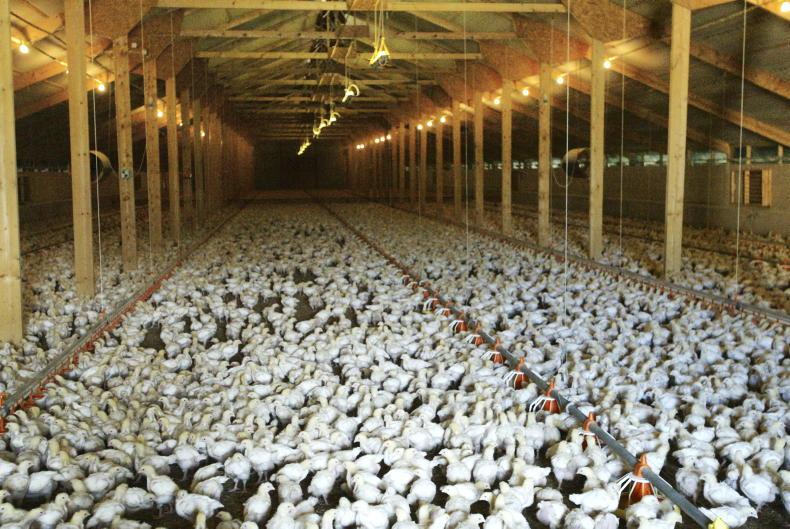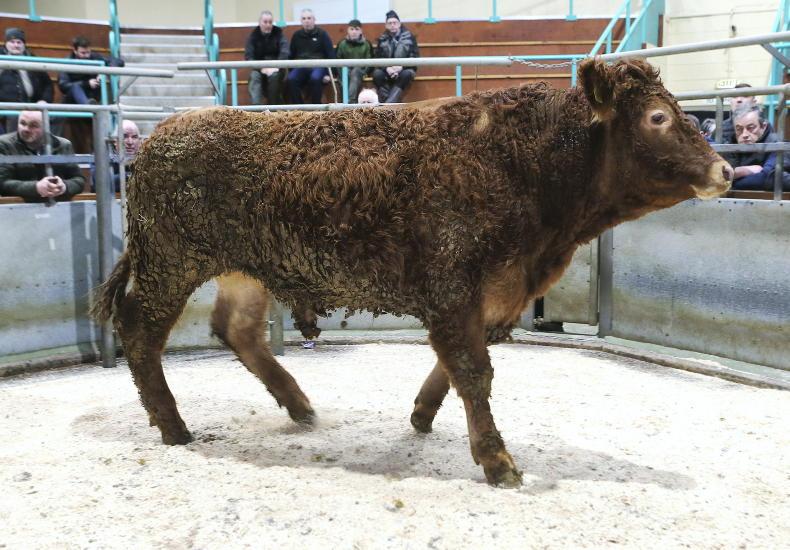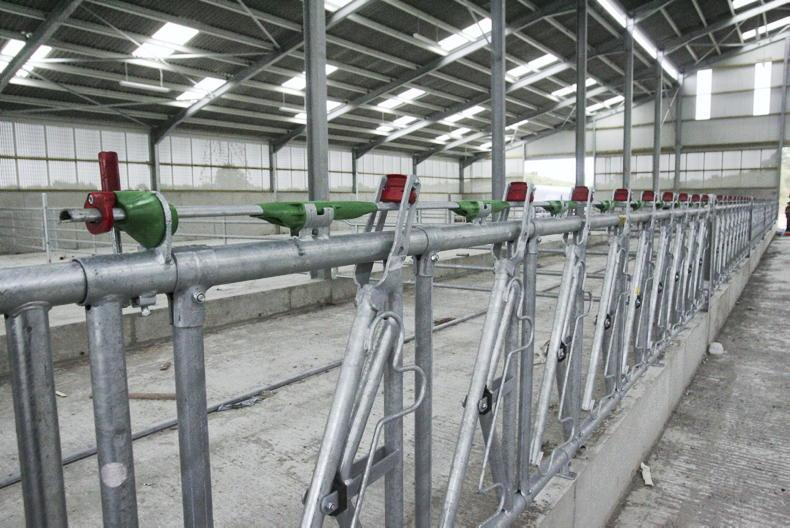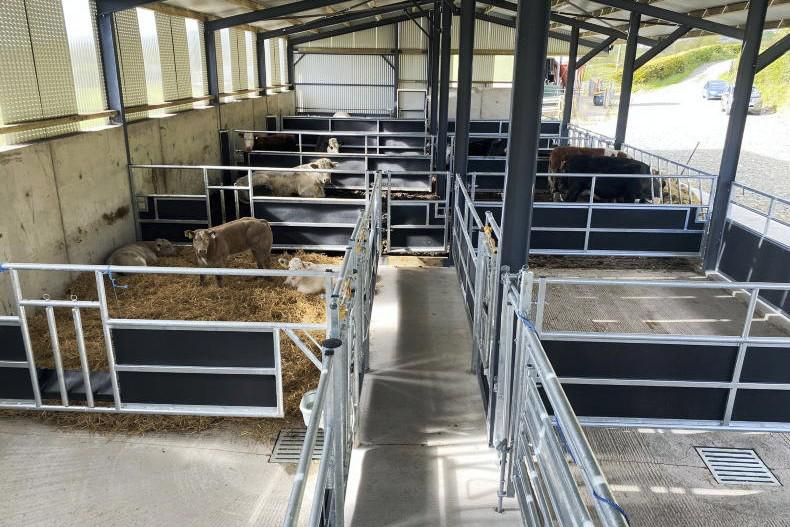The third tranche of Tier 1 of the Farm Business Improvement Scheme (FBIS) in Northern Ireland opened for applications on 2 November 2020 and will close on Friday 4 December at 4pm. A total of £7.5m (€8.43m) has been allocated for the tranche, which is targeted at supporting smaller-scale investments that will improve the sustainability of farm businesses.
The two previous tranches recorded grant aid of £14.4m (€16.18m) paid to over 3,000 farmers. The maximum level of investment is £30,000 (€33,707), with all eligible items listed on the Department of Agriculture, Environment and Rural Affairs (DAERA) website at https://www.daera-ni.gov.uk/publications/fbis-capital-scheme-tier-1-eligible-items. The booklet available at this link also lists the reference cost set for the item and the level of grant aid available on it.
Items eligible for investment are split into four bands, with level 1 given priority for investment and level 4 the lowest priority level. There is a strong focus in the current tranche on investing in low-emission slurry spreading (LESS) technologies, with Minister Edwin Poots recently acknowledging that more needed to be done in the area of slurry management given the deadline within the Nutrient Action Plan 2019-2022 and issues posed by localised ammonia emissions.
Priority items
LESS items such as the trailing shoe, slurry injection systems and umbilical systems are contained in their own banding along with slurry covers and slurry scrapers and allocated the highest score. Items targeted at improving production efficiencies in tillage systems also feature highly, while there is also a strong focus on improving health and safety on farms. On the latter subject, mobile handling equipment for cattle and sheep features strongly, with a range of equipment featured in band two. Popular items for investment in previous tranches are slat mats and slurry scrapers, with equipment such as trailers in band three.
The table on p49 details a snapshot of items related to farm buildings and which are listed in band one and band two. There are numerous other items in bands three and four, but going on the experience of previous schemes and a budget of £7.5m it is unlikely that there will be many items grant-aided outside of bands one and two unless there is a sharp fall-off in interest.
Ranking applications
Where the scheme is oversubscribed, applications will be ranked based on a points score. The highest marks in terms of scoring the equipment will be given to band one items but there are also marks available for applicants under 40, with a level II qualification in agriculture, and who were not successful in previous tranches. Marks are based on value for money where an applicant uses a proposed investment cost below the DAERA reference cost. Therefore, the success of an application will be based on more than just the band it lies in.
Tier 2 of FBIS
There is a high level of interest in Tier 2 of FBIS with continual queries asking if it is likely to open. There has been no date proposed or confirmed for its opening, with the minister recently commenting that he is keeping it under review and that any decision will be influenced by budgetary constraints.
Tier 2 offers support for larger investments with the only previous tranche, which closed for applications on 10 March 2017, handling capital investments costing over £30,000 and to a maximum grant of £250,000. Its focus is to drive transformational capital investment in assisted farm businesses.
DAERA previously stated on the matter that “any further capital support will take into account any further guidance developed by the Department on ammonia reduction and mitigation, and would be subject to funding availability. DAERA is working to develop a comprehensive and proportionate package of measures on ammonia and hope to consult on a strategy later this year.”








SHARING OPTIONS